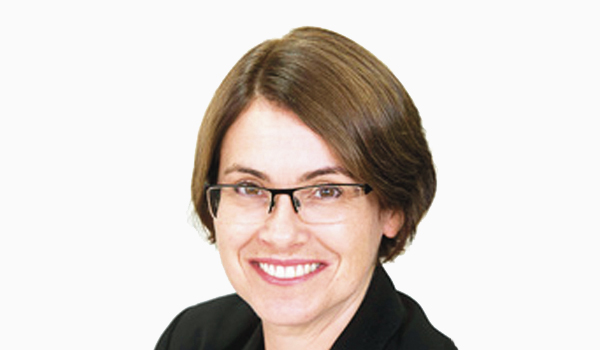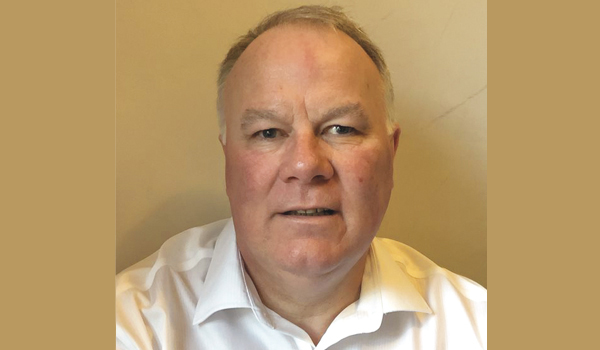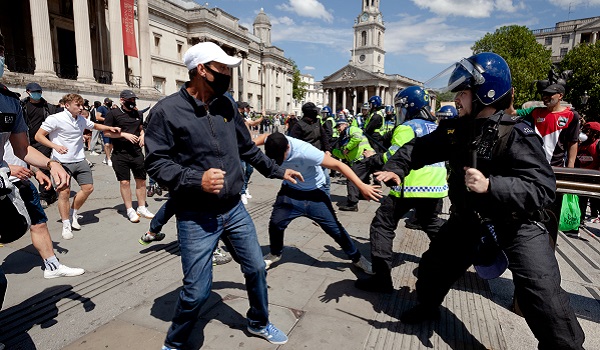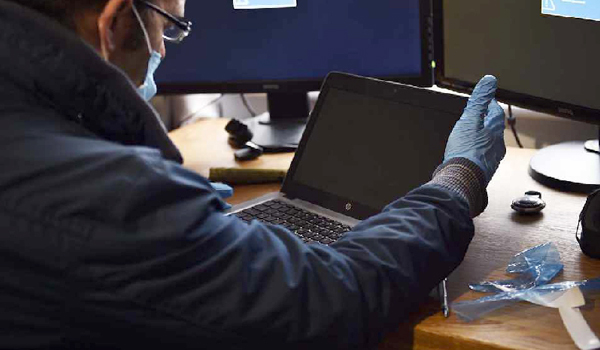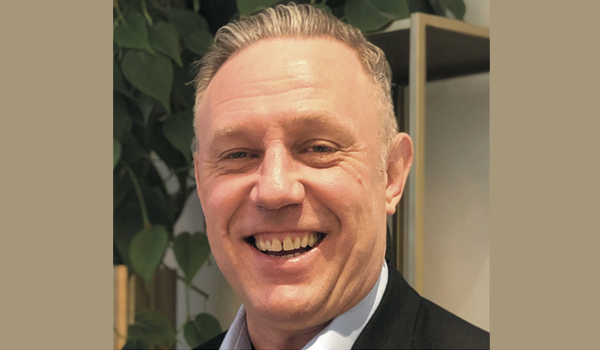Overcoming barriers and perceptions in rape prosecutions
Siobhan Blake explains how the Crown Prosecution Service is working to overcome harmful rape myths and stereotypes.
As an experienced prosecutor of rape and serious sexual offences, I never underestimate the courage it takes for a victim to report such a deeply violating and distressing event to police.
Crown Prosecution Service (CPS) staff, especially those on our RASSO (rape and serious sexual offences) teams are all too aware of the unique barriers many face when deciding whether to report offences relating to sexual assault; these include shame, guilt, fear of the process, fear of not being believed, shock, cultural context, embarrassment, language barriers and fear of reprisal from the community.
Overcoming these hurdles to even report these crimes is significant and sexual offending remains one of the most misunderstood forms of criminality in society.
Societal myths and stereotypes around these offences are outdated and damaging – they must constantly be challenged by prosecutors, which is why we have recently revised our Legal Guidance to tackle them.
Perceptions about who a victim is; how they dress and act both during or after an assault can very much be a source focus for the defence, but it is vital to understand these play no part in CPS decision-making on whether criminal charges should be brought.
We have extensive myths and stereotype training for our prosecutors and recently published our updated RASSO legal guidance for consultation, which includes a section on addressing harmful stereotypes.
I want to be clear about how we make our decisions – it is not based on a lawyer’s perception of which way a jury might go in deciding a defendant’s guilt. It is based – and always has been – on the merits of each individual case based on the Code for Crown Prosecutors.
It is important to note that any victim has the right to ask for a decision to be reviewed as a safeguard to ensure that cases are not inappropriately closed and police are also able to appeal CPS decisions.
Prosecutors must consider whether there is any evidence that suggests the witness’s account is not credible or plausible. However, in doing so they must not be influenced by myths and stereotypes.
These decisions are made by specialist RASSO prosecutors who are some of the most experienced and skilled lawyers in the CPS. A vast amount of training is put in place to make sure our prosecutors fully understand rape myths and stereotypes so they are not improperly influenced by them when making prosecution decisions. It is only by helping our staff understand the complexity of these cases that we can overcome and counter the barriers they present.
The test for rape and serious sexual offences prosecutions is the same as for any other offence. The prosecutor must be satisfied that there is sufficient evidence to provide a realistic prospect of conviction, and that a prosecution is required in the public interest.
We very much recognise that the world is changing and the guidance that we issue needs to be constantly reviewed and updated to reflect this. This has included new training on the impact traumatic experiences such as sexual assault can have on behaviour.
We have also published guidance a psychological evidence toolkit and guidance on prosecuting cases of same sex violence in the last few months to help our staff understand specific vulnerabilities in these cases.
In autumn, we launched a consultation on our rape legal guidance. This includes updated content on myths and stereotypes to reflect the changing nature of sexual encounters and relationships and is supported by a new suite of training tools for prosecutors, which have been developed with extensive stakeholder input.
It is only by seeking to fully understand the impact of myths and stereotypes that we can seek to counter them so victims can get the justice we all want to see.
Siobhan Blake is the national lead on rape and serious sexual offences at the CPS. Visit https://www.cps.gov.uk/cps/news/cps-says-how-were-working-overcome-harmful-rape-myths-and-stereotypes

